In the US , residents and animal rights activists in Georgia are calling for a halt to plans to build a complex to house 30,000 monkeys for experimentation.
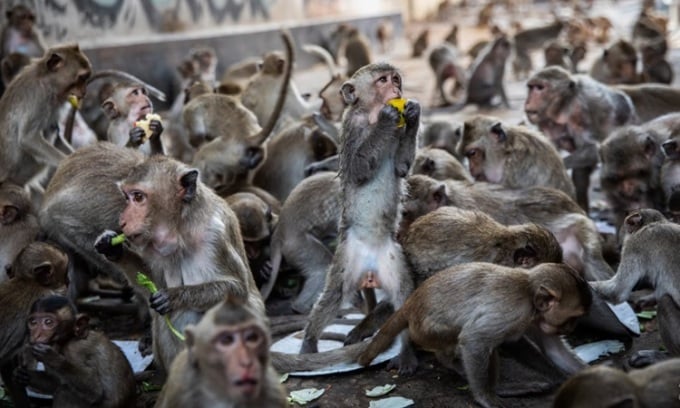
Georgia residents are protesting a long-tailed macaque breeding facility. Photo: Lauren DeCicca
Plans to establish the largest monkey breeding facility in the U.S., housing 30,000 monkeys roaming inside warehouses, have met with opposition from animal rights organizations and local residents, the Guardian reported on February 17. The 80-hectare complex will house the unusually large number of monkeys, which will then be sent to universities and pharmaceutical companies for medical research. Over the next 20 years, the facility aims to create a superpopulation of tens of thousands of long-tailed monkeys, native to Southeast Asia, in warehouse-like structures in Bainbridge, Georgia, a city with a population of only 14,000.
Safer Human Medicine, the company behind the $396 million monkey megacity, says the monkeys will be kept in highly secure conditions, preventing the spread of disease to the local area and feeding on fresh, locally sourced food. The monkeys weigh between 2.3 and 3.2 kg and have very long tails, as their name suggests.
But the plan is facing strong opposition. Some residents in Bainbridge are calling on local authorities to ban the primate city in the proposal. "Long-tailed monkeys are an invasive species and there are 30,000 of them. They will spread everywhere. I don't think anyone wants to live next to 30,000 monkeys," said David Barber, a resident who lives just 122 meters from the new facility.
Animal rights organizations have also called for the plan to be stopped, arguing that breeding primates for medical experiments is cruel and offers little benefit to human treatment due to species differences. The move also threatens the survival of monkeys in the wild, according to Kathleen Conlee, vice president of animal research at the Humane Society.
The vast majority of medical animal testing uses mice, with only about 1% requiring primates. Conducting experiments on the species closest to humans has long been a controversial issue. In 2015, the National Institutes of Health announced that it did not support biomedical research on chimpanzees. Many welfare organizations have called for a broader ban along with a shift to alternative methods such as the use of artificial intelligence technology.
Each year, around 70,000 monkeys are still used across the United States in trials to treat infectious diseases, aging, and neurological disorders such as Parkinson's. Researchers warn that the US is facing a shortage of primates available for testing. Safer Human Medicine emphasizes that their mini-monkey city will help alleviate this situation, while also creating 260 jobs for local residents.
An Khang (According to The Guardian )
Source link










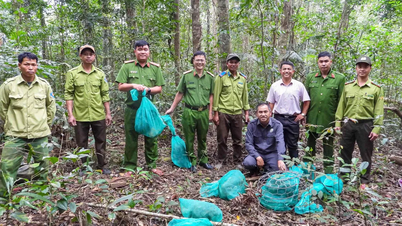


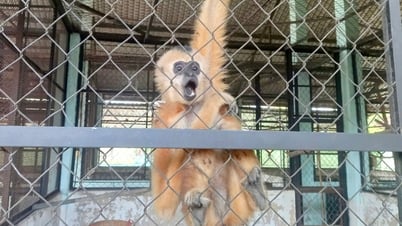

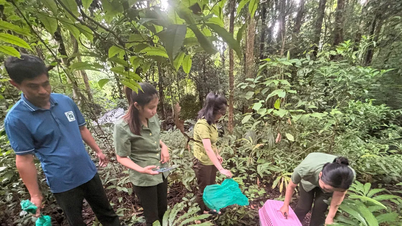
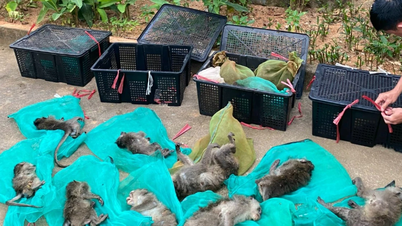




























































































Comment (0)